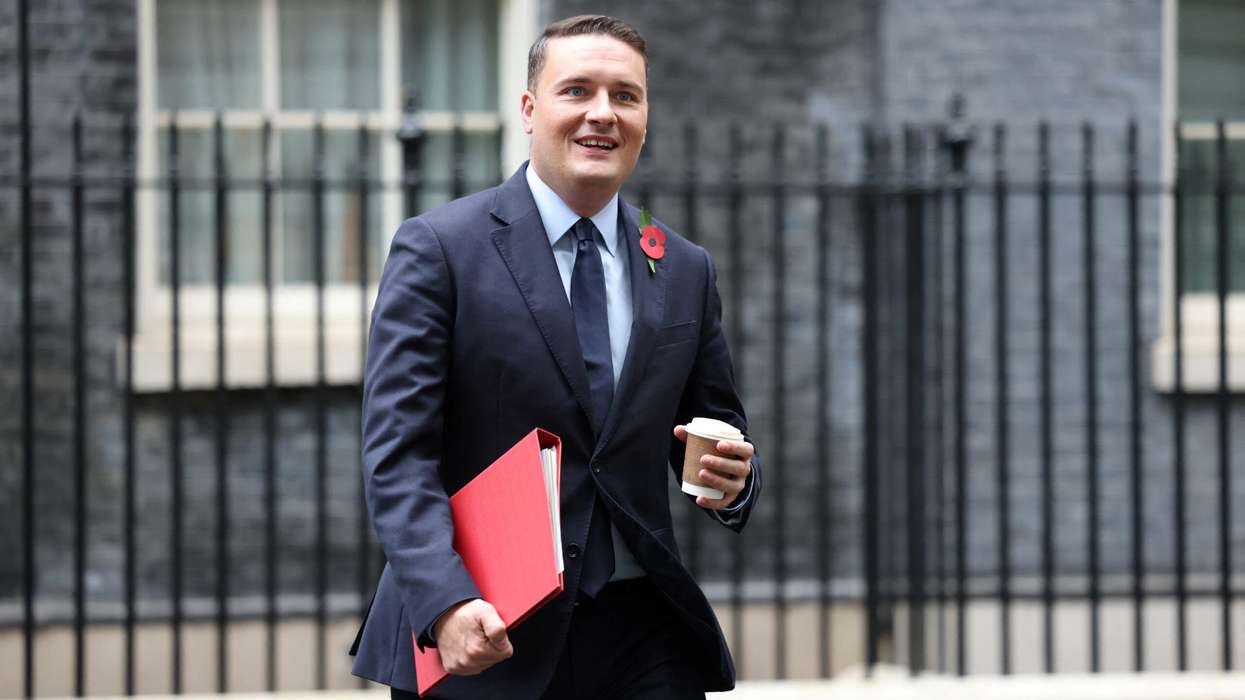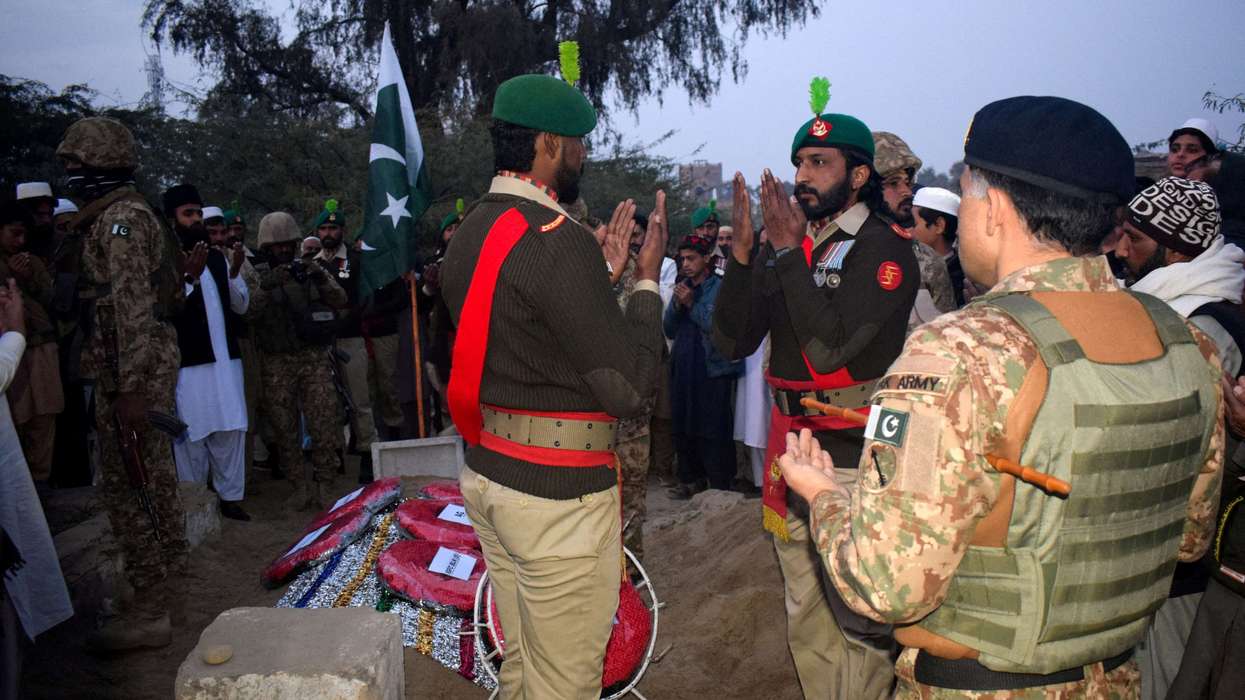INDIA has signed an agreement with France to procure 26 Rafale fighter jets, the country's defence ministry said on Monday. The deal includes both single-seat and twin-seat aircraft.
These jets will join the 36 Rafale aircraft India previously acquired from France as part of efforts to modernise its military fleet.
"The governments of India and France have signed an inter-governmental agreement for the procurement of 26 Rafale Aircraft," the defence ministry said in a statement.
The aircraft, manufactured by French company Dassault Aviation, are intended for use on Indian-made aircraft carriers. They will replace the Russian-origin MiG-29K jets currently in service.
"It includes training, simulator, associated equipment, weapons and performance-based logistics" as well as 22 single-seater and four twin-seater jets, said India's defence ministry.
"It also includes additional equipment for the existing Rafale fleet of the Indian Air Force (IAF)."
India had announced plans to buy 26 Rafales in 2023 during prime minister Narendra Modi’s visit to France for the Bastille Day celebrations.
India has traditionally relied on Russia for defence equipment but has expanded procurement to countries including France, the United States, and Israel in recent years.
Dassault said that the jets will provide India with "state-of-the-art capabilities" and an "active role in guaranteeing national sovereignty and consolidating India's role as a major international player".
India’s navy will be the first outside France to operate the Rafale Marine jet, the company said.
The agreement comes amid heightened tensions between India and Pakistan. India has accused Pakistan of supporting an attack in Indian-administered Kashmir on 22 April that killed 26 civilians. Pakistan has denied the allegation.
Since then, both countries have exchanged fire, expelled diplomats, and closed border crossings.
The earlier deal for 36 Rafale jets signed in 2016 was valued at around $9.4 billion.
India is one of the world’s biggest arms buyers and accounted for nearly 10 per cent of all global arms imports between 2019 and 2023, according to the Stockholm International Peace Research Institute (SIPRI).
India’s defence reforms have included new purchases from abroad and efforts to boost domestic production.
Recent developments include the launch of its first homemade aircraft carrier, a long-range hypersonic missile test, and a new helicopter factory.
India’s defence exports reached $2.63 billion last year, up significantly over the past decade.
The country has also expanded defence ties with Western nations, including through the Quad grouping with the United States, Japan, and Australia.
(With inputs from AFP)





